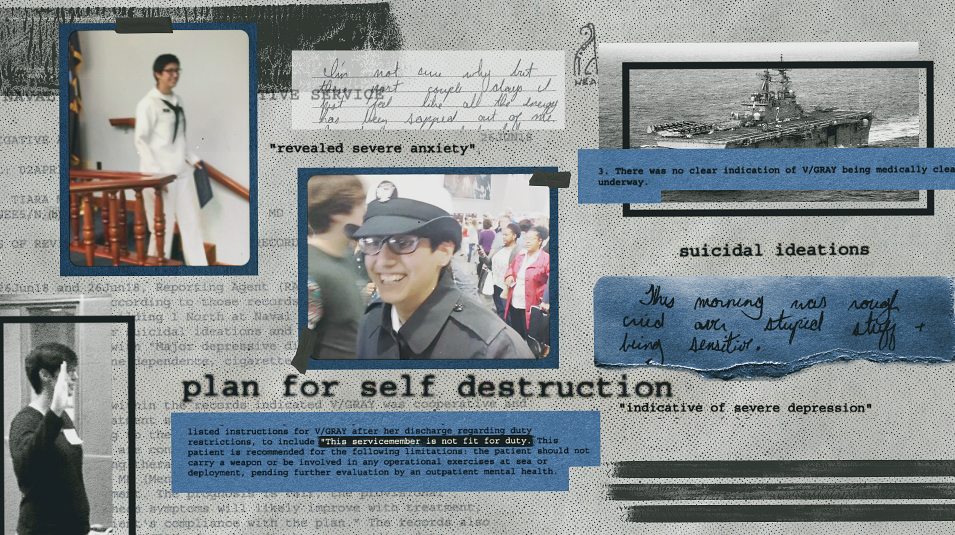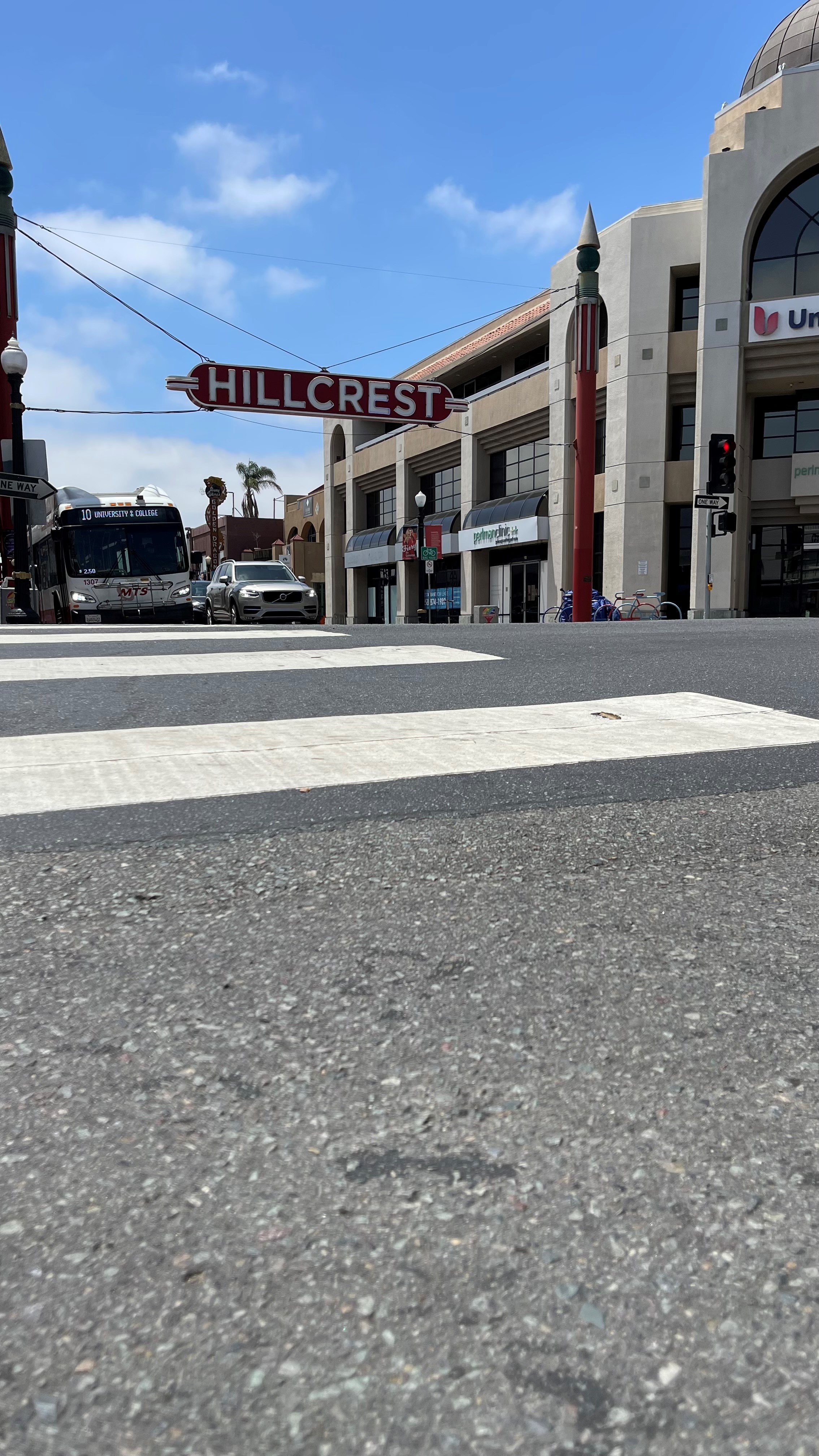A grand jury report following the worst outbreak of Hepatitis A in the United States in 20 years faulted the response of San Diego city and county officials on Thursday and recommended improving communications to prepare for future health emergencies.
The outbreak killed 20 people and sickened 577 people between November 2016 and October 2017.
The report, titled "The San Diego Hepatitis A Epidemic: (Mis)handling a Public Health Crisis," criticizes the county and city for inadequate coordination that delayed sanitation procedures that could have slowed the spread of the disease.
County and city officials didn't immediately comment on the report.
The Centers for Disease Control and Prevention says Hepatitis A is a vaccine-preventable, communicable disease of the liver caused by a virus. It is usually transmitted person-to-person or by consuming contaminated food or water. Symptoms include fatigue, low appetite, stomach pain, nausea, and jaundice.
The 20-page report commended officials for effectively contacting at-risk residents and getting them vaccinations, according to the San Diego Union-Tribune. Among the recommendations in the report are updating the county's emergency operations plan, establishing clear lines of authority and designating a medical professional to report directly to the mayor.
It also recommends building more secure restrooms and hand washing stations in areas where homeless people congregate.
Local
San Diego Mayor Kevin Faulconer issued a statement Thursday in response to the grand jury findings.
“We welcome the grand jury review which correctly points out that there really was no playbook for dealing with what was an unprecedented health crisis. It’s clear there needed to be better coordination and communication when the outbreak was first identified and there were a lot of lessons that will help us going forward," Faulconer's statement said in part.
Officials vaccinated more than 100,000 people, installed scores of hand-washing stations and cleaned streets with a bleach solution to contain the virus that lives in feces. The emergency ended in January.
The grand jury, which consisted of 19 retired professionals, interviewed administrative personnel from the county Health and Human Services Agency, upper-level management from several local cities and law enforcement personnel throughout the region before drawing its conclusions, the newspaper said.
Written reports, including local media accounts, professional medical papers and internal emails were also examined.
"The biggest lesson is that our community can’t put off difficult decisions on homelessness because it makes the problem worse. We must take action and we are with the largest expansion of homeless services in our city’s history over the past nine months," Faulconer said.
The county released its own 200-page "After Action Report" last week that detailed its response to the crisis and laid out recommendations similar to those from the grand jury.
“We thank the Grand Jury for their independent review. Many of their findings are consistent with our After Action Report. We will incorporate their recommendations as appropriate and appreciate the commendation for the foot teams," a county statement sent Thursday said.



